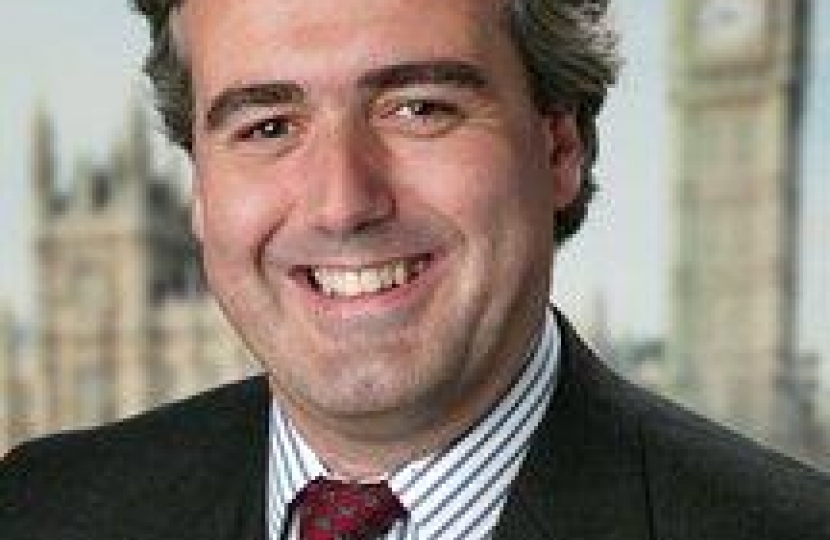
One of the most frequently heard complaints by the Scottish “Yes” campaign was that Scotland doesn’t have the government it voted for. It’s true. But neither do we in England. Excluding Welsh, Northern Irish and Scottish MPs, who between them represent just around 15% of the population of the UK, whilst the ’97 and 2001 elections would have resulted in a Labour government, 2005 might have resulted in a coalition and 2010 would have resulted in a Conservative government.
This is the heart of the latest debate raging after the Scottish referendum. Promises of more powers devolved to Scotland only embeds more the fact that we have two classes of MPs – those who can vote on issues to which they are accountable to their electorate and those who can vote on issues that affect another part of the UK without any accountability to their electorate. Scottish MPs can vote on health and education issues that affect us in Wyre Forest full in the knowledge that their electorate couldn’t care less about how they vote for the simple reason that in Scotland, these issues are under the control of the Scottish Parliament, not the Westminster Parliament. With more powers to Scotland, the current system means that Scottish MPs can vote on your taxation in the knowledge that their own tax system is controlled from Scotland. Why should they care how much you pay?
So this has got to stop. I have, over the years, received many emails about this and the recent events in Scotland have only served to increase the volume. The problem is that this is a very technical area with many questions. Given that we in England are 85% of the population, whilst we should not be disadvantaged, should we have our own first minister and English assembly? Or should we just exclude devolved countries from our affairs?
There is a greater call for regional power. Yet when John Prescott held his referendum for elected regional assemblies, they were rejected. Similarly when we held referenda for elected City mayors, the vote was: no thanks. We already have devolved powers but turnout at local and county elections is a dismal 30%. People want more accountability of the police, but the Crime Commissioner elections polled just 15% turnout.
Do people want more levels of government, or just better, more accountable government? The debate will be interesting.
